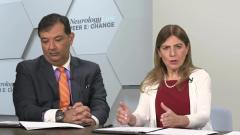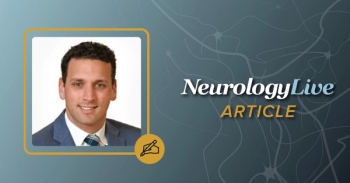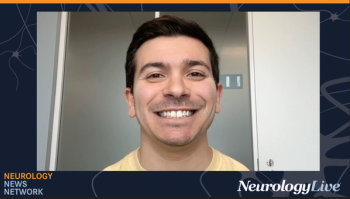
Current Treatment Options for Alzheimer’s Disease
Dr Cohen shares current treatment options for Alzheimer’s disease and how she manages these patients in her practice.
Episodes in this series

Marwan Sabbagh, MD: Dr Atri framed the next question beautifully. It’s directed to you, Dr Cohen. How Alzheimer disease treated? How would you define treatment success based on stage of disease?
Sharon Cohen, MD, FRCPC: We agree with Dr Atri wanting to make a clear diagnosis. With that comes education about the disease and linking to support services. How does 1 proceed from here given that this is a bad diagnosis? This is a progressive disease, yet there can still be quality of life. We want to prevent harm as well. We don’t want people to be taken advantage of. We don’t want people to get lost in a snowstorm. I’m from Toronto, Canada. If that happens every year, it’s going to happen again. People will wander out. That doesn’t need to happen. We can do a lot of good with supportive care, linking to services. But that’s not enough.
In the dementia stage of the disease, we have the ability to prescribe medicines that have been approved for 20 years to benefit symptoms. We have 2 classes of drugs: cholinesterase inhibitors and a glutamate modulator. These are symptom treatments. We aim for some benefit in symptoms in the short term. Unfortunately, these medications are not powerful enough to bring about a dramatic improvement. But even a small improvement in a serious disease is often appreciated. One would monitor the patient, and ultimately the disease will progress. But people may still be getting benefits. I’m not too quick to withdraw medicines if someone got a response initially, as long as they’re tolerating the medication.
At the earlier symptomatic stage, the mild cognitive impairment [MCI] stage of Alzheimer disease, education, support, and follow-up are important. However, none of our symptom treatments is approved for that stage. Sadly, people are seeking symptom improvement. One can be symptomatic and still have mild cognitive impairment, upset about their memory, but still functioning independently. Yet we don’t have approved therapies. Looking to the future, we’re aiming for disease-modifying therapies that will tackle this early stage, the MCI and mild dementia stage. We won’t be looking for modest improvement as we do with current therapies in the dementia stage. We’ll be looking more for stabilization of disease at an early stage when people are still functioning fairly well. We’re looking for a longer period of stability and of independence in the community.
Transcript edited for clarity
Newsletter
Keep your finger on the pulse of neurology—subscribe to NeurologyLive for expert interviews, new data, and breakthrough treatment updates.





























